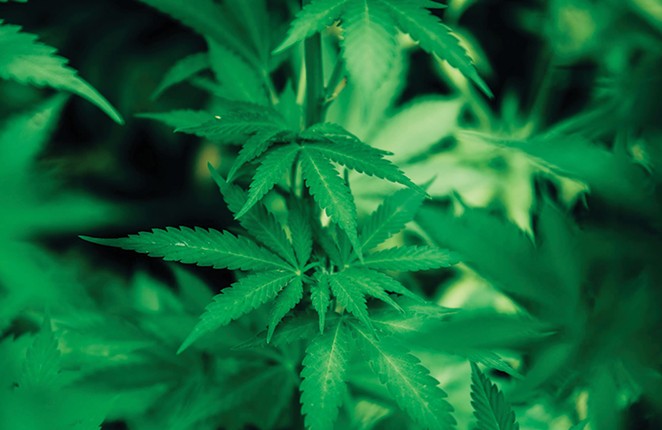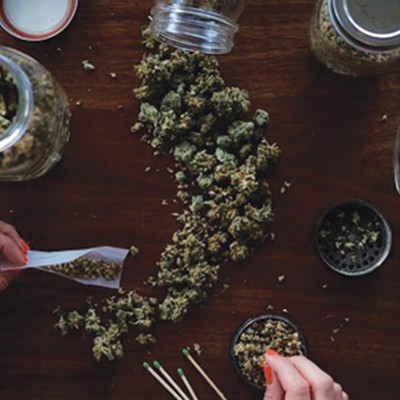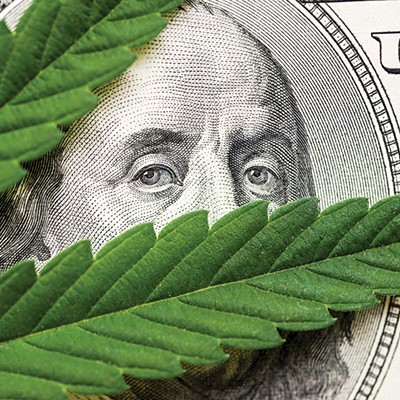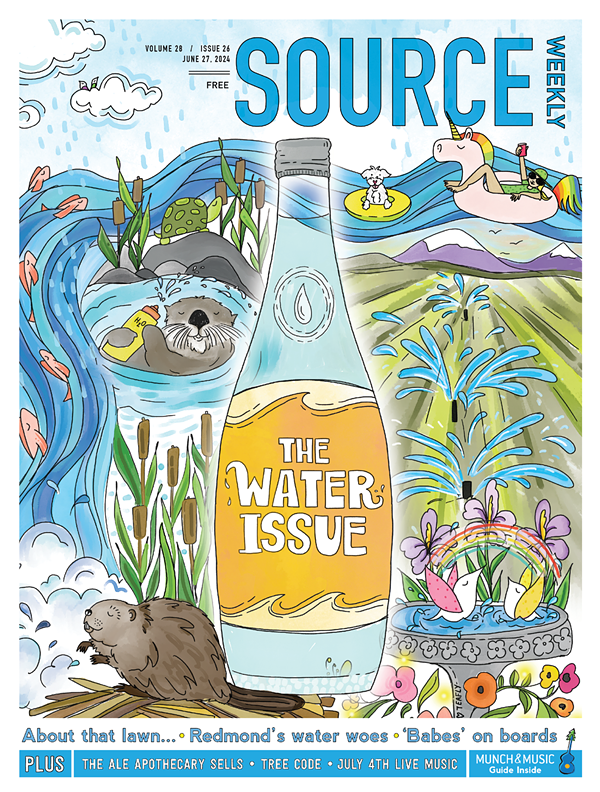With all the attention paid recently to the seemingly inevitable rescheduling of cannabis, it's easy to have missed a less well covered legislative move regarding hemp.
This relates to the Farm Bill, which is important even for non-farmers. It's the bill that effectively legalized CBD, as it "authorized the production of hemp and removed hemp and hemp seeds from the Drug Enforcement Administration's schedule of Controlled Substances." Suddenly, CBD infused everything was everywhere, promising all manner of relief from numerous ailments and issues.
Then came the reveal that CBD wasn't the only cannabinoid you could extract from hemp.
Meet Delta-8, the hemp-derived Fredo Corleone to Michael's cannabis-derived Delta-9. Unlike CBD, it is intoxicating, like Delta-9. But unlike Delta-9, as it is hemp-derived, it's legal. Users report a milder high with a noticed absence of the negative effects some people experience with Delta-9 — namely paranoia and anxiety.
Of the 50 U.S. states, there only remain four in which cannabis remains fully illegal, with no medical or adult use programs: Idaho, Kansas, South Carolina and Wyoming. Seven only allow CBD, and the rest have established medical or adult use cannabis programs.
One thing that all these states have in common are people who like to get high, and so Delta-8 became the next CBD, showing up in vape carts and concentrate forms in places like Tennessee. Last year I wrote about visiting an East Nashville storefront offering a flight of dabs produced using Delta-8, Delta-10 and HHC.
Producers have extracted, refined and concentrated a number of intoxicating cannabinoids from hemp that are being sold in growing numbers and locations. And some states have moved to ban the production and sale of Delta-8, including Oregon in 2022.
Critics point out that there are no testing requirements for Delta-8 products, for purity or potency. So that Delta-8 vape cart may contain nasty heavy metals, pesticides and banned or dangerous chemicals used in its extraction. And that 100 mg Delta-8 gummy may actually be 1,000 mg. Which, you know, could result in some bad experiences for consumers.
Every five years, the Farm Bill needs to be recertified, and as it moved through the U.S. House last month, an amendment was added which could mean huge changes for all hemp- derived cannabinoids, potentially including CBD.
Marijuana Moment has a great deep dive piece breaking down the amendment, which does not have guaranteed passage. But it does have a fascinating collection of supporters and critics, many of whom are rarely on the same side of such issues.
As Marijuana Moment writes: "If enacted into law, cannabinoids that are 'synthesized or manufactured outside of the plant' would no longer meet the definition of legal hemp."
The bill's author, Rep. Mary Miller (R-IL) and her supporters say this will eliminate the "loophole" in the 2018 Farm Bill which led to the production and widespread sale of Delta-8 and other intoxicating cannabinoids. They cite the aforementioned concerns, as well as easy access for those 21 and under. That isn't prohibitionist hysteria, as 11% of senior high school students report using Delta-8 products.
The trade group U.S. Cannabis Council is a supporter of the amendment, representing a number of large cannabis and non-cannabis brands such as Pax, Dutchie, ScottsMiracle-Gro and CuraLeaf, among others. They asked representatives for hemp-derived cannabinoids containing any amount of THC to revert to the definition of federally illegal cannabis.
This doesn't sit well with opponents, such as the U.S. Hemp Roundtable, which supports the concept of reform that involves regulating Delta-8 and other hemp-derived cannabinoids, as well as tightening restrictions to reduce access to minors.
As their general counsel points out, there are some cannabis brands that "view adult hemp products as competition and are upset that there's less regulation of the hemp products than there are the marijuana products, and so they've come to the conclusion that we need to federally ban all these hemp products."
Other opponents include Republican representatives from farming states such as Virginia and Indiana, cognizant that a ban on ingestibles containing the current limit of .3% THC would devastate hundreds of farmers dependent upon their hemp farming.
We'll follow the Farm Bill here.





















